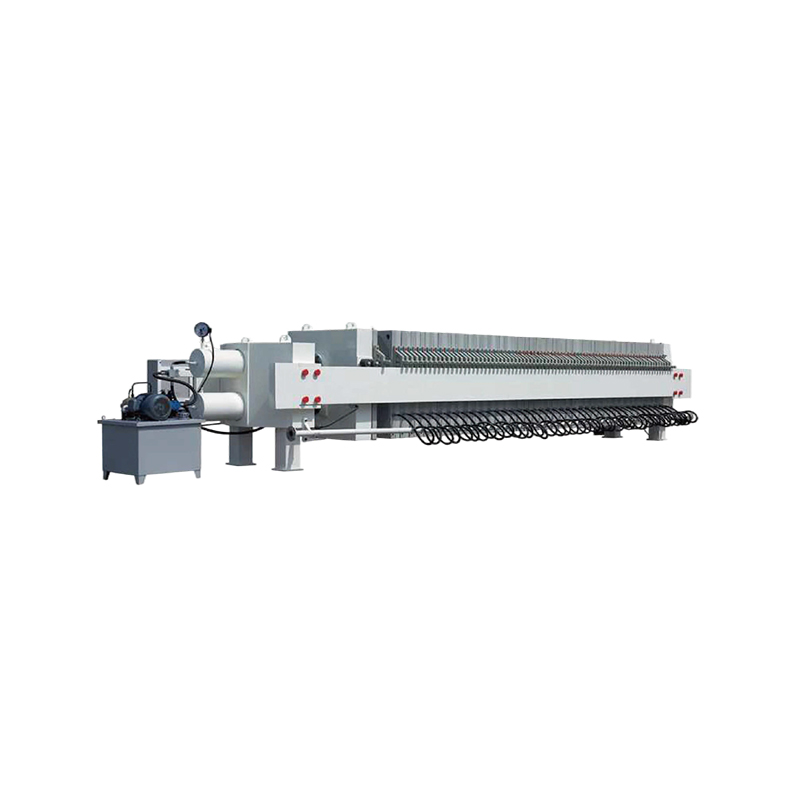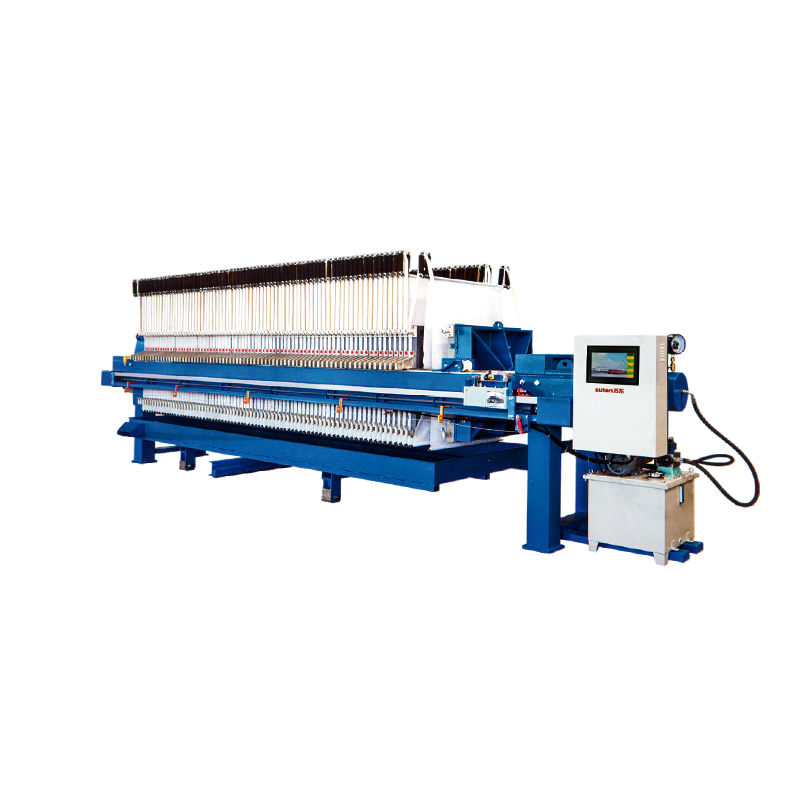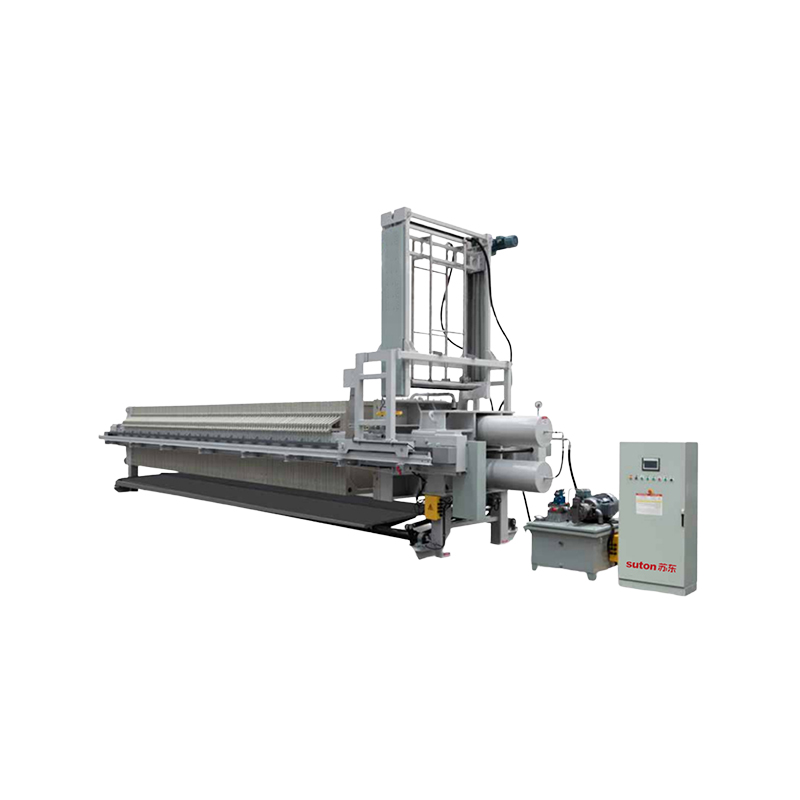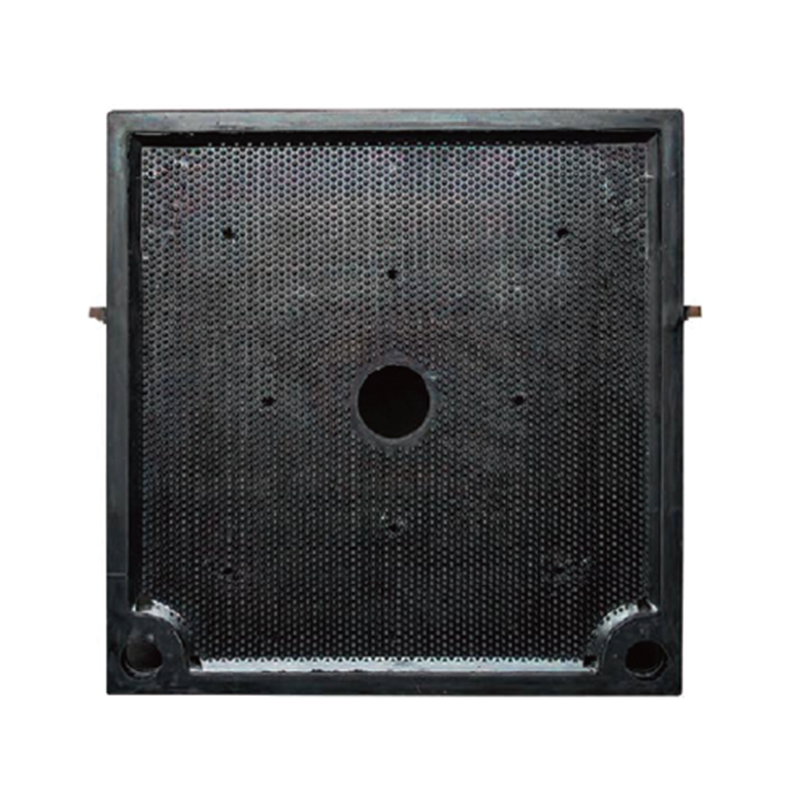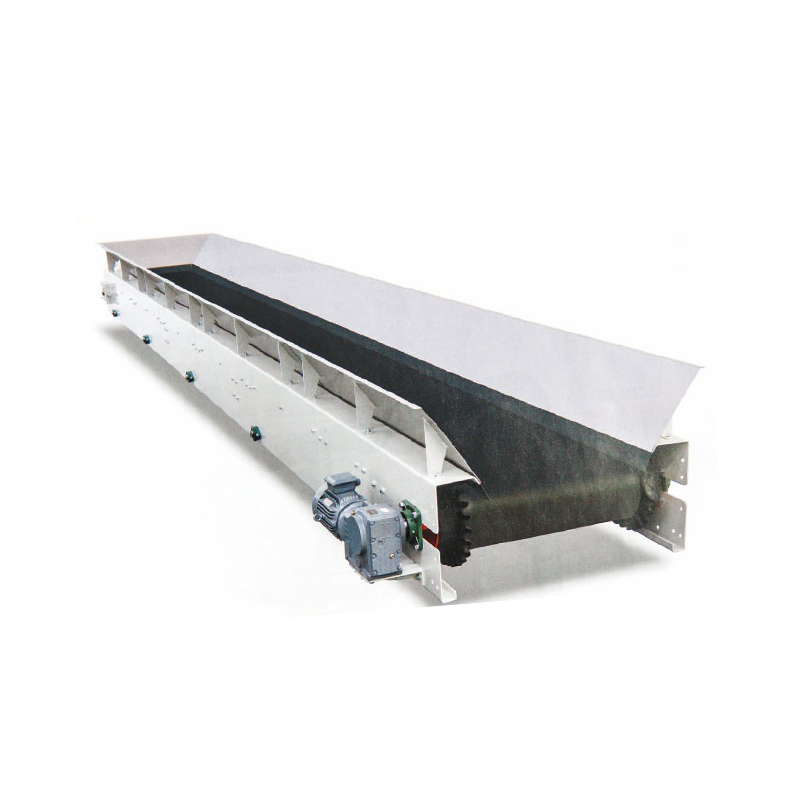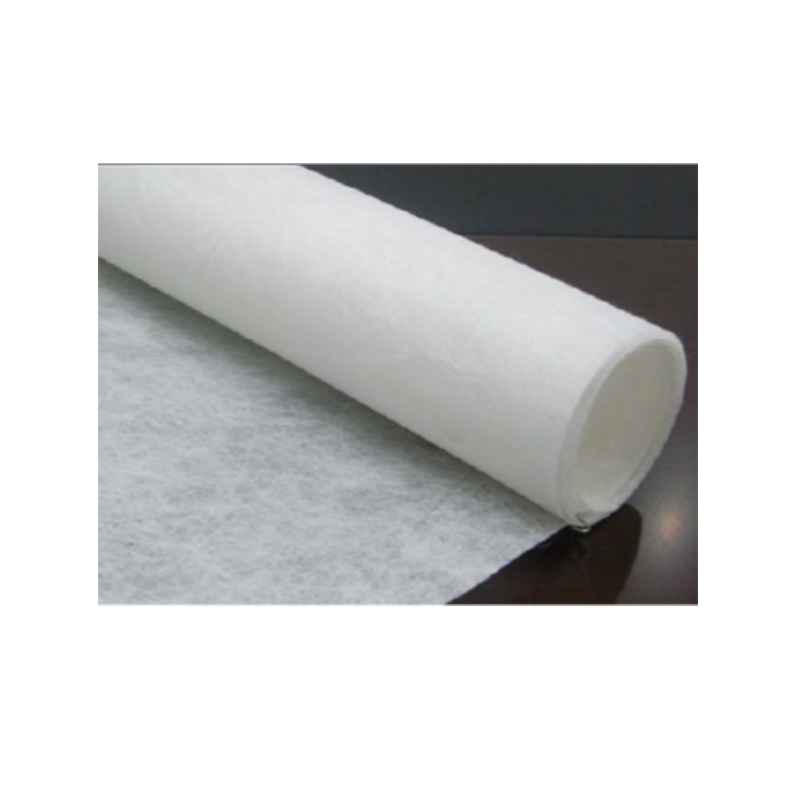What are the methods for cleaning filter press cloth? Which one is the most effective?
 2025.10.27
2025.10.27
 Industry News
Industry News
What is a Filter Press Cloth and What Role Does It Play in Solid-Liquid Separation?
Definition:
A Filter Press Cloth is an industrial filtration medium installed on filter plates of a filter press, used for solid-liquid separation. It is usually made of polyester (PET), polypropylene (PP), or polyamide (PA) fibers, offering high wear resistance and excellent filtration performance.
Functions:
- Solid-liquid separation:Captures solid particles from slurry or suspension, allowing clear filtrate to pass through.
- Filter cake formation:Supports deposition of the slurry, forming uniform filter cakes and improving dewatering efficiency.
- Filter plate protection:Prevents direct contact of solid particles with filter plates, extending equipment lifespan.
Applications: Used in wastewater treatment, mining, chemical, food processing, and pharmaceutical industries.
How to Choose the Right Filter Press Cloth for Your Equipment
Selection Criteria:
1.Material:
- PET: Wear-resistant and chemical-resistant.
- PP: Heat-resistant and corrosion-resistant.
- PA: Fine filtration with good flexibility.
2.Filtration precision: Choose mesh size based on particle size of the slurry.
3.Weave type: Plain weave, twill weave, or composite cloth affects filtrate flow and cake thickness
4.Size matching: Ensure the cloth matches the filter plate to prevent leakage.
Selection Process: Analyze slurry characteristics → Choose material and mesh precision → Consider cleaning and operational cost.
Materials of Filter Press Cloth and Which One is the Best
Common Materials and Features:
|
Material |
Features |
Applications |
|
PET |
Wear-resistant, chemical-resistant |
Wastewater treatment, mining |
|
PP |
Heat-resistant, corrosion-resistant |
Chemical wastewater, acidic/alkaline slurries |
|
PA |
Fine filtration, flexible |
Food, pharmaceuticals |
|
Coated cloth |
Anti-fouling surface |
High-viscosity sludge or oily slurries |
Selection Principles:
- High wear resistance → PET
- High chemical resistance → PP
- Fine filtration → PA
- High-viscosity or sticky sludge → Coated cloth
Why Does a Filter Press Cloth Get Clogged Easily and How to Solve It?
Causes of Clogging:
- Large or fibrous particles in the slurry.
- High-viscosity sludge or oils adhering to the cloth.
- Inadequate cleaning.
- Cloth aging or wear.
Solutions:
- Regular water or chemical cleaning.
- Select the correct mesh size and material.
- Use coated cloth or scrapers for sticky slurries.
- Replace worn-out cloths promptly.
How Often Should a Filter Press Cloth Be Replaced?
Factors Affecting Replacement Frequency: Slurry type, cloth material, usage frequency, and maintenance.
Reference Lifespan:
- Light sludge: 12–18 months
- Medium sludge: 6–12 months
- Heavy or abrasive sludge: 3–6 months
Filter Press Cloth Cleaning Methods and Which Is Most Effective
Cleaning Methods:
- High-pressure water rinse:Quick and suitable for light sludge.
- Chemical cleaning:Removes oils and mineral deposits thoroughly.
- Mechanical brushing:Effective for localized stubborn dirt.
- Ultrasonic cleaning:Thorough and uniform, ideal for fine cloths.
- Steam cleaning:Softens oils and organic deposits; environmentally friendly.
Recommended Approach:
- Daily maintenance → Water rinse.
- Periodic deep cleaning → Chemical cleaning plus water rinse.
- Fine or specialized cloths → Ultrasonic or steam cleaning.
Difference Between Filter Press Cloth and Filter Belt
|
Comparison |
Filter Press Cloth |
Filter Belt |
|
Structure |
Fixed on filter plates |
Continuous loop belt |
|
Filtration Method |
Pressure filtration |
Gravity or pressure with rollers |
|
Application |
Batch solid-liquid separation |
Continuous production |
|
Filter Cake |
Uniform thickness |
Varies, continuous output |
|
Maintenance |
Cleaning and replacement |
Roller adjustment and cleaning |
How to Determine if a Filter Press Cloth Meets Filtration Precision Requirements
Evaluation Methods:
- Observing filtrate clarity.
- Measuring particle retention rate in filtrate.
- Checking dryness of the filter cake.
- Monitoring equipment pressure changes.
Regular testing ensures the cloth selection meets the process requirements.
Should You Choose Domestic or Imported Filter Press Cloth?
Comparison Factors: Price, quality, after-sales service, and suitability.
Recommendations:
- Regular industrial sludge → Domestic cloths offer better cost-performance.
- Precision or specialized filtration → Imported cloths may be preferred.
Is a Filter Press Cloth Really Important in Wastewater Treatment?
Importance:
- Serves as the core filtration medium.
- Affects production costs—clogged or worn cloths reduce efficiency.
- Ensures compliance with environmental discharge standards.
- Extends filter press lifespan.

 English
English Español
Español हिंदी
हिंदी Tiếng Việt
Tiếng Việt

